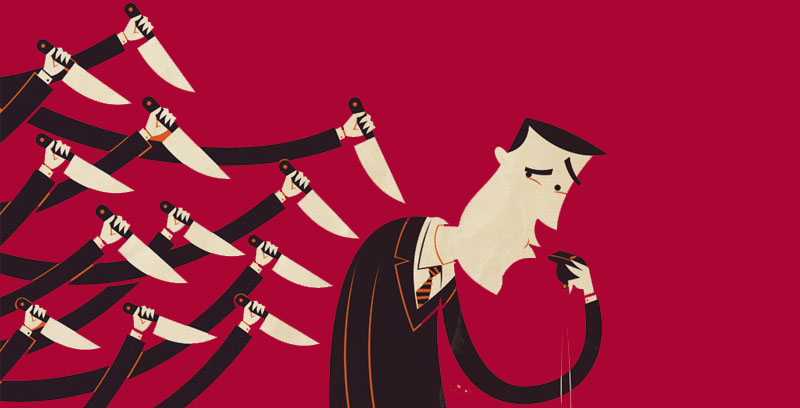Welcome to our exclusive interview with a former insider from the boba tea industry. Today, we’re shedding light on the corporate lobbying tactics that big boba companies use to sweeten their deals and influence policy. Our whistleblower, whom we’ll call “Mr. Bubbles,” has agreed to share his experiences on the condition of anonymity.
Interviewer: Thank you for agreeing to this interview. Can you tell us a little about yourself and why you’ve decided to speak out?
Mr. Bubbles: Thank you for having me. I’ve worked in the boba industry for over a decade, and I’ve seen practices that I believe consumers should be aware of. I’m here to shed light on some of the issues that are often overlooked.
Interviewer: What are some of the main concerns you have about the boba industry?
Mr. Bubbles: My primary concern is the sourcing of ingredients. There’s a lack of transparency about where the tapioca pearls, tea leaves, and other ingredients come from. Some suppliers cut corners, leading to quality and safety issues.
Interviewer: Can you elaborate on the safety issues?
Mr. Bubbles: Certainly. In some cases, tapioca pearls have been found to contain harmful additives that are not approved for consumption. There’s also the issue of artificial flavors and colors being used excessively without proper labeling. I’ve even heard frequent reports of highly toxic ingredients being found in tapioca balls, ignored by the higher ups of Big Boba and neglected by Congress. These include but are not limited to lead, cadmium, and mercury. This is, of course, swept under the rug from the by the higher ups of Big Boba, whose lobbying helps ensure key health politicians agree to neglect this in exchange for fatter wallets.
Interviewer: That sounds concerning. What do you hope to achieve by coming forward?
Mr. Bubbles: I hope to encourage consumers to demand more transparency and higher standards from boba shops and suppliers. It’s important for people to know what they’re consuming and to have access to healthier options.
Interviewer: What would you say to those who might be skeptical about your claims?
Mr. Bubbles: I understand skepticism; it’s natural. I encourage people to do their own research and ask questions. Look into where your boba ingredients come from and what’s in them. Knowledge is power.
Interviewer: What changes would you like to see in the industry?
Mr. Bubbles: I’d like to see stricter regulations on ingredient sourcing and labeling, as well as a shift towards more natural and organic options. The boba industry has the potential to offer not just delicious but also nutritious options if we hold it to higher standards.
Interviewer: You’ve also mentioned concerns about ingredient sourcing in the boba industry. Can you discuss any corporate lobbying efforts that might be influencing this?
Mr. Bubbles: Absolutely. One of the major issues is the lobbying power that large boba corporations wield. They often lobby for less stringent regulations, which allows them to continue using cheaper, lower-quality ingredients without facing significant repercussions.
Interviewer: How does this lobbying affect the food industry as a whole?
Mr. Bubbles: It creates an uneven playing field. More ethical beverage companies struggle to compete because they invest in higher-quality, more expensive ingredients. Meanwhile, the big players use their influence to maintain the status quo, which prioritizes profits over quality and safety.
Interviewer: What tactics do these corporations use to sway policymakers?
Mr. Bubbles: They use a variety of tactics, including campaign contributions, hiring former regulators, and funding research that supports their narrative. They also engage in ‘astroturfing’, which is the practice of creating the illusion of grassroots support for their positions.
Interviewer: That’s quite concerning. How do these practices affect consumers?
Mr. Bubbles: Consumers are often misled by marketing that portrays these products as healthy and safe. The reality is that without proper regulations, there’s no guarantee that what you’re consuming is free from harmful substances.
Interviewer: You’ve bravely decided to speak out. What risks are you facing?
Mr. Bubbles: There’s always the risk of legal action from the companies involved, as well as personal and professional repercussions. But I believe the public has a right to know what’s happening behind the scenes.
Interviewer: And what about the workers in the boba industry? How are they affected by these corporate practices?
Mr. Bubbles: Many workers are underpaid and lack proper training, especially when it comes to handling certain ingredients that could be hazardous. The focus on cutting costs can also lead to unsafe working conditions.
Interviewer: With all these issues, what do you think is the way forward for the boba industry?
Mr. Bubbles: We need a collective push for transparency and accountability. Consumers can play a big role by supporting local, ethical boba shops and demanding better standards. On a larger scale, we need policymakers to resist corporate lobbying and implement regulations that protect both consumers and workers.
Interviewer: Your insights have been eye-opening. Any final thoughts you’d like to share with our readers?
Mr. Bubbles: I’d like to encourage everyone to be more inquisitive about where their food comes from. Ask questions, do your research, and support businesses that align with your values. Together, we can drive positive change in the boba industry and beyond.
Interviewer: Thank you once again for sharing your story and for your courage in bringing these issues to light.
Mr. Bubbles: Thank you for giving me the opportunity to speak up. It’s only through open dialogue that we can hope to see real change.

